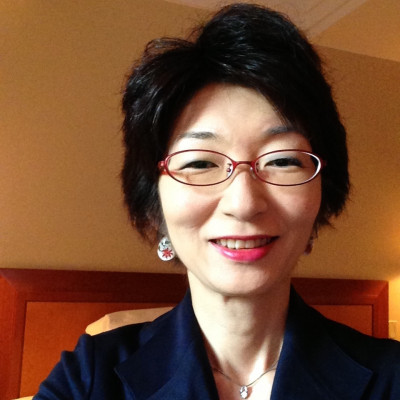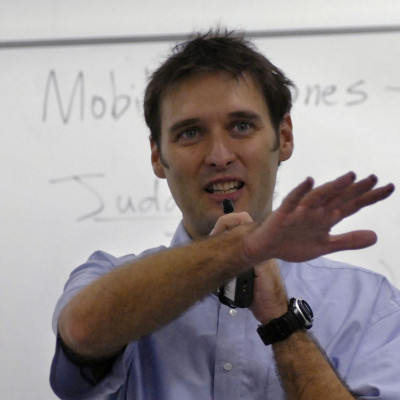Sessions / Study Abroad
Reverse Engineered: Modeling cross-cultural pragmatics with TOEFL iBT tasks #2853
The TOEFL iBT test is designed to measure the likelihood of academic success in English-medium universities attended by non-native English speakers. In order to do well on the test, an understanding of academic vocabulary is important, but so too is a grasp of non-academic vocabulary that is useful in student life. This “college knowledge” is tested in the listening and speaking sections of the TOEFL iBT. Test-takers are asked to demonstrate their understanding of conversations between students and professors, students and university staff such as a librarian, registrar, or academic advisor, and conversations among students. By utilizing TOEFL iBT practice materials and their accompanying scripts, these texts can be reverse engineered to model , instruct, and improve our students’ lexical and cross-cultural pragmatic awareness. This workshop will demonstrate how materials can be exploited to build up useful vocabulary for study abroad (dorm, GPA, transcript, etc.), improve situational awareness through reading, listening, and role-play, and ultimately build up students’ confidence so that they have a degree of “college knowledge” before they set foot on a campus far from home.
留学準備講座におけるクリティカル・インシデントの指導 #2816
異文化との接点でカルチャー・ショックを感じることは不可避と言われている。その原因に対応するための批判的思考、また問題解決を見出すためにクリティカル・インシデント法が異文化コミュニケーション研修でも取り上げられ、誤解や対立などを描写する有効な方法として位置づけられている。 本発表では、新型コロナウイルスの感染拡大前に留学準備講座(半期の日本語開講科目)を履修した日本人大学生が経験したクリティカル・インシデントの調査結果を明らかにする。クリティカル・インシデントの指導を受けた翌週、受講生は外国人交換留学生との懇親会に参加し、自ら経験したクリティカル・インシデントに関する振り返りを記述した。記述内容をHall (1976) の高文脈/低文脈文化のモデルに沿って分析し、コロナ禍における本講座指導への応用、並びに海外留学を目指す学生に必要な要素も考察する。
Cancelled Advantages of study abroad with multilingual and L2 English speakers #2867
The presenter works in a faculty where all the English majors have a compulsory study abroad (SA) for approximately 10 months during their second year. Pursuant to the research, the capacity to speak (CTS) (Humphries, Burns & Tanaka, 2015) of three students during their SA was measured using three methods: (a) reflective diaries, (b) retrospective graphs and (c) two semi-structured interviews. Prior to their sojourn, the students had anticipated speaking to native speakers of English; however, results indicated that monolingual native speakers of English tended to be indifferent interlocutors during the SA. In contrast, participants’ CTS tended to be higher with other L2 English speakers or multilingual L1 English speakers. The leading non-linguistic causes of positive/negative CTS with some speakers included (a) existence of shared cultural values, (b) tolerance/openness of the interlocutor and (c) confidence/anxiety of the participant. The presentation will outline two potential SA solutions. Firstly, an initial period in a partner-university affiliated academic English institute with international students can develop confidence and facilitate integration. Secondly, advanced English majors might consider a dual language SA where they study English in the country of their L3.


